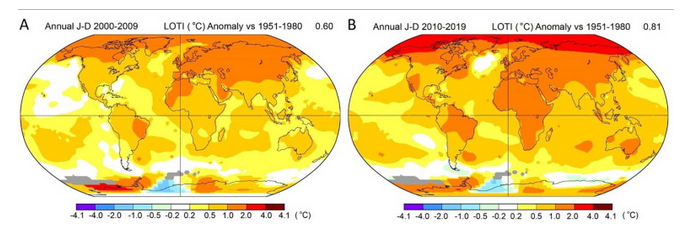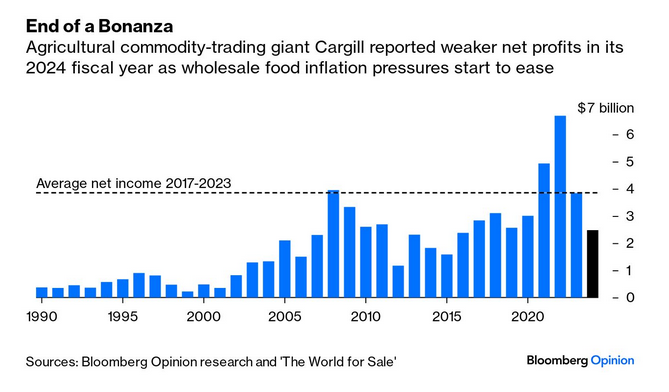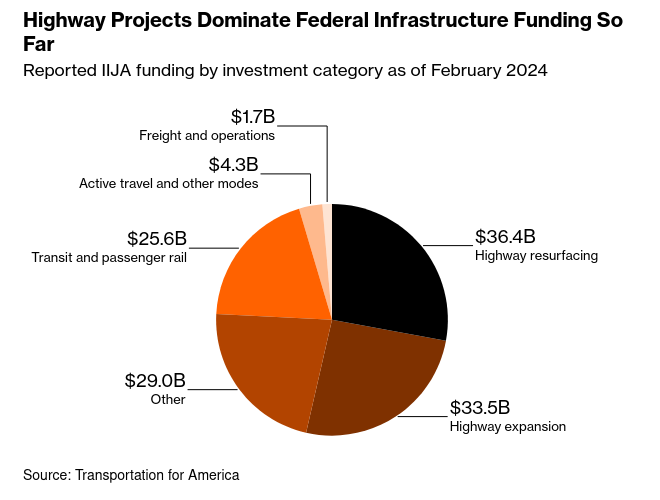September 6, 2024
Heat waves in Asia and (food) production
- Rice is susceptible to increased temperatures and global temperatures are rising fastest where rice is grown.
- China's food production is being hit by heat waves affecting 5% of production.
- Rains/floods are affecting areas in China not hit by heatwaves.
The impact will likely be increased global food prices.

The only thing offsetting some of this effect is better yields in Africa from South Africa and Nigeria even in the face of economic and social instability. This is not expected to be a normal balancing effect on food production in the future, however.
The global warming events that were predicted for this year, but did not materialize, are hurricanes in the Caribbean and along the Atlantic coast of the USA. There is always next year.
What did hit the USA as predicted was drought. In Mississippi, the rivers are drying up, similar to what we saw in Europe last year, threatening the passage of ships essential to supply chains for food and other goods. This is also impacting energy generation.
While US food production is tight, prices were driven up along with profits for large farming conglomerates.
The impact of inflation of food prices was clear to everyone, with much of the centre left focusing on food company profits. They blamed "monopoly". However, we have outlined why that is not the case in previous posts. (Profits were driven up by increased input costs, price changes happening faster than new purchasing, and the fact that profits are a percentage of prices. When food prices went up, so did the mass of profit.)
Case in point, those same monopoly profits have fallen now that the rate of inflation growth is falling:

Urban Roads are too expensive and offer no economic benefit
Building and upgrading roads in urban landscapes are expensive and, according to new research, do not create enough economic benefit to make them worth it. This shows that while traffic is super bad (again), the answer is better public transit programs and more commuter rail.
The other answer is that we should not force workers who can work remotely back to the office. All those people on the roads are undermining productivity and causing stress to those who do need to be moving about.
Many recent studies are looking at problems from induced demand of building roads (hint: that's not really a thing) and costs of maintaining massive infrastructure like urban roads with all their bridges and underpasses. This is especially the case in the face of climate change.
In the USA, climate funds are actually being used to rebuild and maintain roads, which is not exactly what people had in mind when paying carbon taxes. The climate-positive investments include changing the technology on lighting and better signalling technology. Signalling technology supposedly reduced "idling", but that would not be an issue if car companies had moved to hybrid and/or EVs.
No surprises that building infrastructure in North America continues to be very expensive and difficult, yet the USA still spends most of its money on this economic drain.

It turns out that bike lanes with public electric bike share programs are the future of transport along with density. If you don't need to drive to get to work, you can build denser cities.